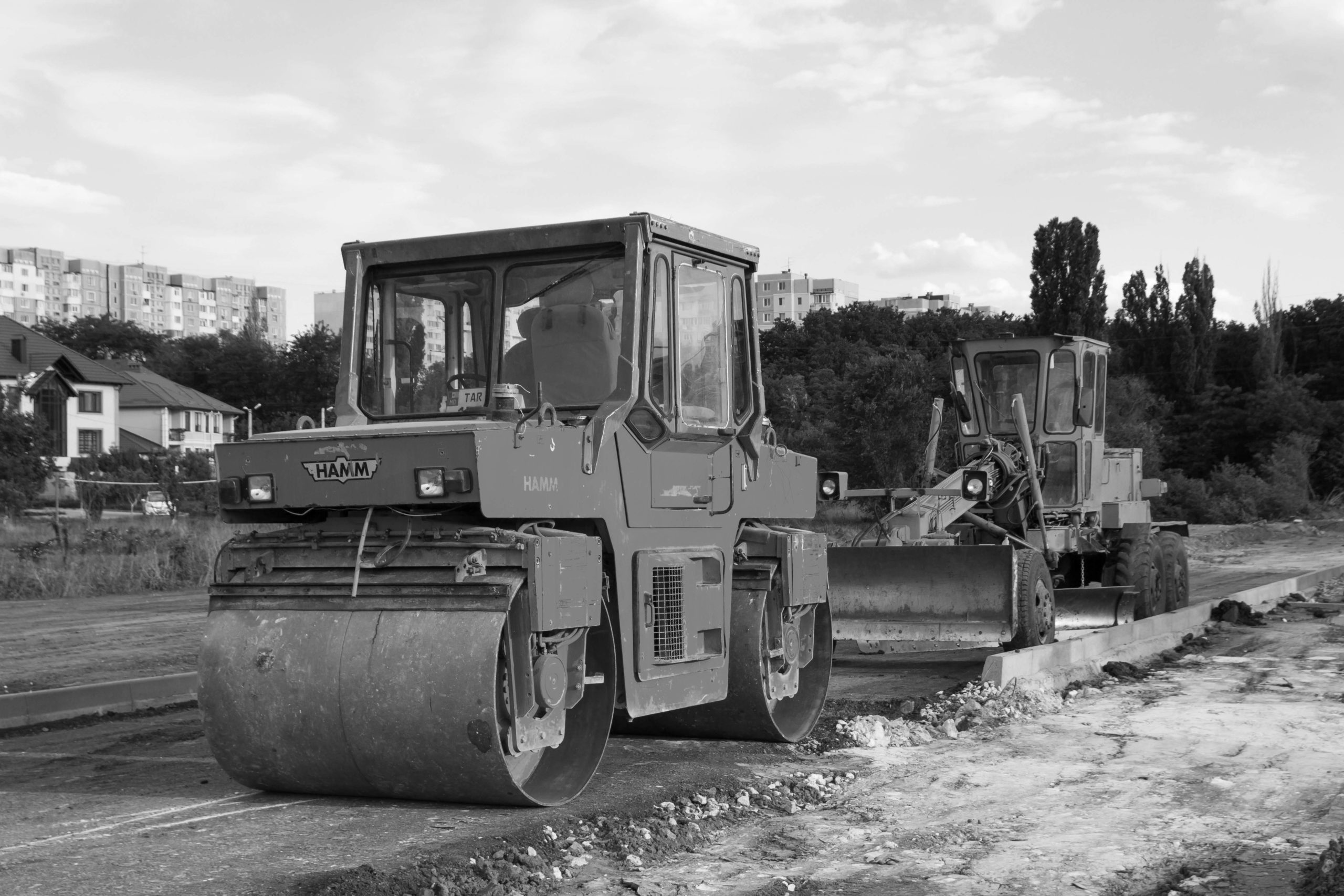Murphy Turns Up “Dimmer Switch” And Re-Opens NJ Construction
New Jersey Governor Phil Murphy signed Executive Order #142 on Wednesday, May 13, 2020, permitting suspended non-essential construction projects to resume starting, Monday, May 18, 2020 at 6:00 a.m. In his briefing this afternoon, Governor Murphy commended the efforts and progress the State has made to date against the spread and impact of the COVID-19 pandemic. While careful to note that the crisis is not over and that diligent social distancing efforts remain crucial, the Governor cited improved infection and hospitalization numbers as the basis to begin a measured re-opening of the State’s economy.
Beginning Monday morning, all construction projects not designated as essential under Executive Order 122 may resume, as may drive-in/drive-thru events and curbside pick-up for non-essential retail businesses. Jobsite restrictions will remain in place, however. The Executive Order requires that, at a minimum, active construction sites must institute the following policies:
a. Prohibit non-essential visitors from entering the worksite;
b. Engage in appropriate social distancing measures when picking up or delivering equipment or materials;
c. Limit worksite meetings, inductions, and workgroups to groups of fewer than 10 individuals;
d. Require individuals to maintain six feet or more distance between them wherever possible;
e. Stagger work start and stop times where practicable to limit the number of individuals entering and leaving the worksite concurrently;
f. Identify congested and “high-risk areas,” including but not limited to lunchrooms, breakrooms, portable restrooms, and elevators, and limit the number of individuals at those sites concurrently where practicable;
g. Stagger lunch breaks and work times where practicable to enable operations to safely continue while utilizing the least number of individuals possible at the site;
h. Require workers and visitors to wear cloth face coverings, in accordance with CDC recommendations, while on the premises, except where doing so would inhibit the individual’s health or the individual is under two years of age, and require workers to wear gloves while on the premises;
i. Require infection control practices, such as regular hand washing, coughing and sneezing etiquette, and proper tissue usage and disposal;
j. Limit sharing of tools, equipment, and machinery;
k. Where running water is not available, provide portable washing stations with soap and/or alcohol-based hand sanitizers that have greater than 60% ethanol or 70% isopropanol;
l. Require frequent sanitization of high-touch areas like restrooms, breakrooms, equipment, and machinery;
m. When the worksite is an occupied residence, require workers to sanitize work areas and keep a distance of at least six feet from the occupants; and
n. Place conspicuous signage at entrances and throughout the worksite detailing the above mandates.
The Executive Order also specifically notes that the protective equipment required under item h above must be provided by the employer at its expense. Construction site visitors who refuse to comply must be denied entry.
As with permitting essential vs non-essential construction projects, we expect that enforcement of the on-site safety procedures will be delegated to local authorities, with each municipality responsible for ensuring that all projects within its borders meet the State standards.
This represents a significant step in returning the economy to a more normal footing since April 8, 2020, when the Governor issued Executive Order 122 pausing all non-essential construction projects, other than emergency and make-safe work, beginning April 10, 2020.
As the law continues to evolve on these matters, please note that this article is current as of date and time of publication and may not reflect subsequent developments. The content and interpretation of the issues addressed herein is subject to change. Cole Schotz P.C. disclaims any and all liability with respect to actions taken or not taken based on any or all of the contents of this publication to the fullest extent permitted by law. This is for general informational purposes and does not constitute legal advice or create an attorney-client relationship. Do not act or refrain from acting upon the information contained in this publication without obtaining legal, financial and tax advice. For further information, please do not hesitate to reach out to your firm contact or to any of the attorneys listed in this publication.
No aspect of this advertisement has been approved by the highest court in any state.
Results may vary depending on your particular facts and legal circumstances.
As the law continues to evolve on these matters, please note that this article is current as of date and time of publication and may not reflect subsequent developments. The content and interpretation of the issues addressed herein is subject to change. Cole Schotz P.C. disclaims any and all liability with respect to actions taken or not taken based on any or all of the contents of this publication to the fullest extent permitted by law. This is for general informational purposes and does not constitute legal advice or create an attorney-client relationship. Do not act or refrain from acting upon the information contained in this publication without obtaining legal, financial and tax advice. For further information, please do not hesitate to reach out to your firm contact or to any of the attorneys listed in this publication.
Join Our Mailing List
Stay up to date with the latest insights, events, and more






